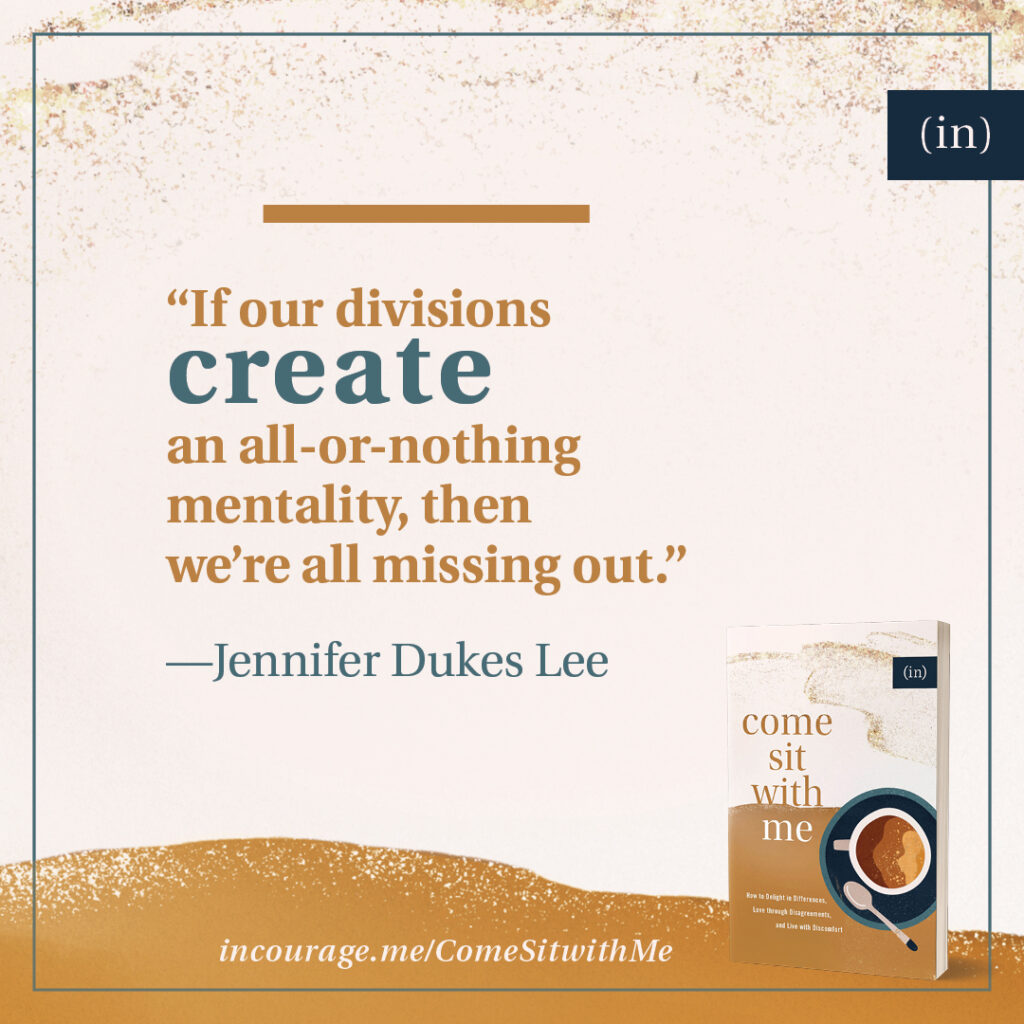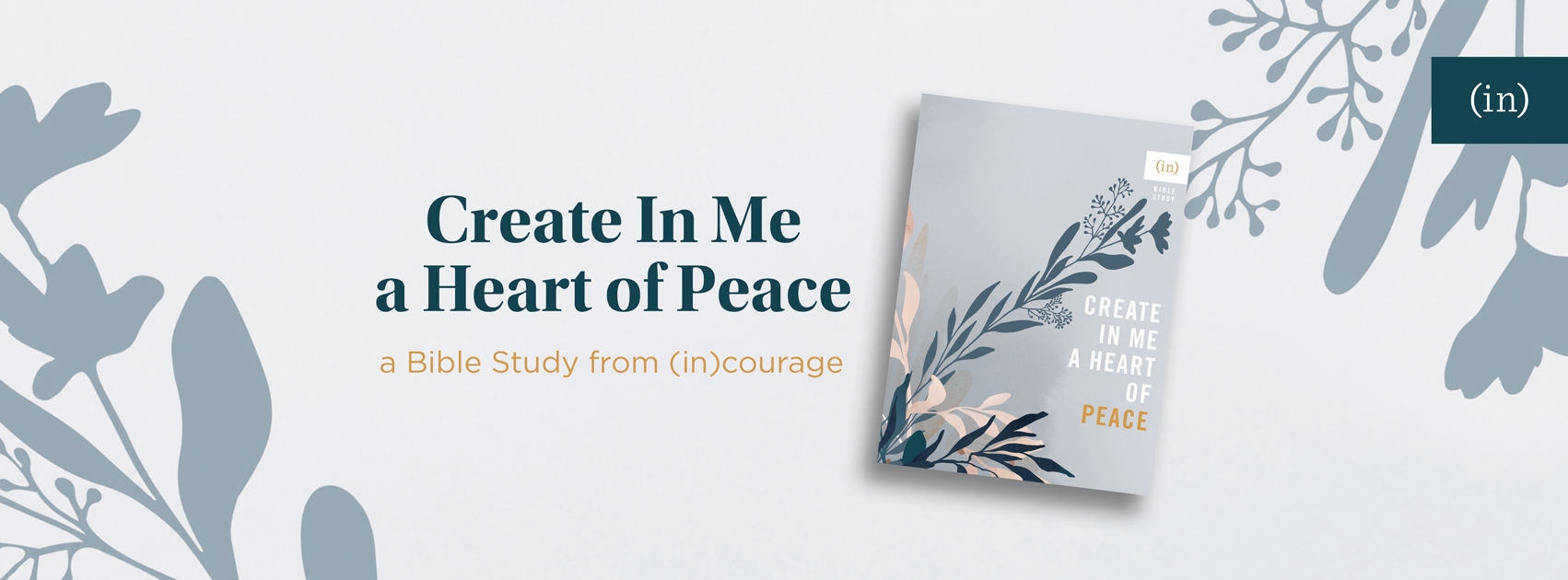There was a time when I wore my ability to “do it all” as a badge of honor. Hosting family gatherings meant late nights, early mornings, and a constant whirlwind of activity. I wanted my people to be able to come to our home and completely relax. Every detail was taken care of, and no one had to lift a finger, because … well, I would make it all happen. But amid my well-intentioned frenzy, I missed out on the moments I was working so hard to create.
Last year, as I faced the prospect of another holiday gathering, I felt a familiar wave of exhaustion wash over me. I was pre-tired. That is not how I wanted to approach our time together. I wanted to be excited about it, not dread all the work and the weariness afterward.
With a mix of hesitation and hope, I reached out to my family with a simple request: “What meal would you like to bring, cook, and clean up for our Thanksgiving weekend? Roger (my husband) and I will take care of the main meal, but I would love for each of you to prepare a meal that you love.”
And friend, the response was overwhelming — not just in their willingness to help, but also in the enthusiasm with which they embraced the idea. Our adult kids started to call and brainstorm: “Can we do breakfast on Saturday?” and “I’ve got the best recipe for baked Hawaiian roll sandwiches!”
As I watched the plan unfold, I was reminded of one of my favorite verses that I love to share with others, and I need to apply often:
“Two are better than one, because they have a good return for their labor:
If either of them falls down, one can help the other up.
But pity anyone who falls and has no one to help them up.”
Ecclesiastes 4:9–10 NIV
What a beautiful truth this turned out to be. By sharing the load, we weren’t just dividing tasks; we were multiplying joy. (And part of that joy? Seeing how my kids stepped up.)
I realized that in my previous attempts to shoulder much of the responsibility, I had inadvertently denied my loved ones the opportunity to contribute, feel needed, and be an integral part of our family tapestry. By letting go of control, I opened the door to a richer, more collaborative experience.
As I reflect, I’m struck by the second part of our focus verse: “If either of them falls down, one can help the other up. But pity anyone who falls and has no one to help them up.” How often had I been the one to fall — into stress, exhaustion, or frustration — with no one to help me up because I hadn’t allowed anyone close enough to see my struggle?
By embracing a community approach to hosting, I not only lightened my own load but created a support system where we could all lift each other up. When the turkey cooked twice as fast as expected, it wasn’t a crisis. It was an opportunity for teamwork as we rearranged serving times and moved our Code Names game to after dinner instead of before. Alone, this would have been a crisis. Together? It was a chance to bond by overcoming a challenge.
If you are considering a more collaborative holiday celebration, here are a couple of tips that might help you get started:
1. Ask early. The closer you are to your celebration, the harder it gets to ask for help. Ask now for people to plan a meal (or a dish or two if your guests are sharing just one meal).
2. Ask what their “specialty” is (or what they’d like it to be). I have one child who loves to cook breakfast and another one who is learning to make pasta. Let them do their thing. (And for the kid who doesn’t cook at all? He was in charge of garbage and recycling and helping with dishes.)
3. Have a “Help List.” Each year, before everyone gets to the house, I create a list of tasks that people can help with. In the past, when helpful friends and family have asked what they can do to pitch in, I’ve been stumped in the heat of the moment (and the kitchen). But with the “Help List,” I know exactly what is needed. Here are some examples:
-
- Take the dog for a quick walk.
- Create the cheese tray. (I have all the cheese, meats, pickles, olives, etc. in a drawer in the fridge.)
- Set the table.
- Set up the drink bar.
- Fill the ice bucket.
- Hand-wash big pots and pans.
- Make coffee.
Having the “Help List” not only helps me, but it helps those I’m celebrating with feel that they’re a part of things.
As you approach your next family and friends gathering, I encourage you to embrace the wisdom of Ecclesiastes. Look for ways to involve others, to share both the work and the rewards.
Remember that in God’s economy, our need for help is not a liability but an opportunity for connection and grace.






 Looking for your next Bible Study?
Looking for your next Bible Study?